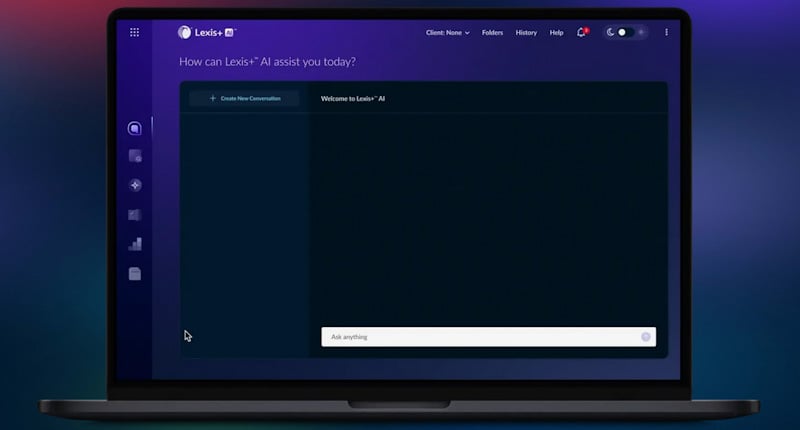Sherrilyn Ifill: Police shootings are creating crisis of confidence in the rule of law
Sherrilyn Ifill. Photo by Tony Avelar.
The seemingly constant stream of new videos and other reports of African-Americans being shot by police under questionable circumstances is creating a crisis of confidence in the rule of law, President and Director-Counsel of the NAACP Legal Defense and Educational Fund Sherrilyn Ifill told a luncheon gathering Saturday for the Pro Bono Publico Awards luncheon at the ABA Annual Meeting in San Francisco.
“When large segments of the population no longer believe in the integrity and legitimacy of the rule of law, it is a threat to our democracy,” Ifill said in her keynote address.
Ifill said she leads an organization that worked to end segregation and to secure full rights for all. But “this is a moment where people like me will start to have no credibility with people that I have devoted my life to represent.”
In this moment of crisis, lawyers should be leaders and work for solutions, Ifill said. “I think we’re compelled not only to use our time and skills to step up our pro bono commitment, but I think it’s time we start shaming our friends who aren’t stepping up.”
Two law firms and three individuals were given Pro Bono Publico Awards:
• Cleary Gottlieb Steen & Hamilton, the U.S.-based lawyers of which dedicated more than 63,000 hours to pro bono matters in 2015.
• Katten Muchin Rosenman, which established the Katten Legal Clinic at José de Diego Community Academy, the first legal clinic located in a Chicago Public School.
• John O. Goss,, a lawyer at Goss and Fentress in Norfolk, Virginia, who worked to represent claimants in eastern Kentucky and southern West Virginia who abruptly terminated from the Social Security disability program.
• Renee M. Schoenberg, a senior counsel at DLA Piper in Chicago, who secured tax-exempt status for the “low bono” DC Affordable Law Firm.
• Hillary Gaston Walsh, a lawyer based in South Korea who has taken on several asylum cases and appeals.
Ifill and her staff have been busy in the ongoing series of crises around the country. For example, just as she was shutting down her computer late one night last month, she received a video link via Twitter of the aftermath of a fatal police shooting in St. Paul, Minnesota. The officer stopped a car and told the black man driving it, Philando Castile, to show his driver’s license and registration. As he reached for his wallet, Castile told the officer he had a gun license and that there was a gun in the car. The officer shot Castile, and Castile soon died. Castile’s fiancée made a video of the encounter, even while responding to the officer herself as Castile bled to death beside her.
Ifill was in St. Paul the next day.
“What’s terrible is the instinct of his fiancée, that she felt she had to make a record” rather than immediately shield and comfort her 4-year-old daughter in the back seat, Ifill said. It turned out that Castile had been stopped by police 52 times in the previous 14 years, almost all of them minor matters.
With so many stops, Ifill said, “odds are something’s going to happen, and the odds were against him.”
When Ifill went to Ferguson, Missouri, in 2014 shortly after the police shooting death of Michael Brown, she was interviewed by the local NPR station and was asked if these kinds of shootings were something new or had been happening for a long time.
Ifill offered a story about her first exposure in developing an understanding of law enforcement and their relationship with the African-American community. When she was a 10-year-old growing up in New York City, two police officers got out of their car and started chasing a man and his 10-year-old son who were out walking on a Saturday morning. One of the officers shot and killed the boy, and said he thought the father and son were robbery suspects. Even though it was more than 40 years ago, Ifill remembers details such as the image of the Daily News newspaper on a table at home, with a story about the shooting; and she remembered the officer’s last name.
The officer was indicted and then acquitted by a jury that had only one black member.
“The point of the story is these issues have been going on for a very long time,” Ifill said. African-Americans had not been believed when they described such incidents. But now there are videos, “and you can’t avoid the truth.”
If the government can take your life and no one is held responsible, “then you indeed are a second-class citizen,” Ifill said.
She and her staff meet with prosecutors and law enforcement officials to hear them out on these issues and show them videos to find out what they believe is being done right and being done wrong.
“It’s not a ‘where you stand’ except you stand with the rule of law, there’s no other way around it,” Ifill said. “And that’s not a partisan position, and that’s not an anti-police position, and that’s not a pro-Black Lives Matter position.”
Follow along with our full coverage of the 2016 ABA Annual Meeting.




